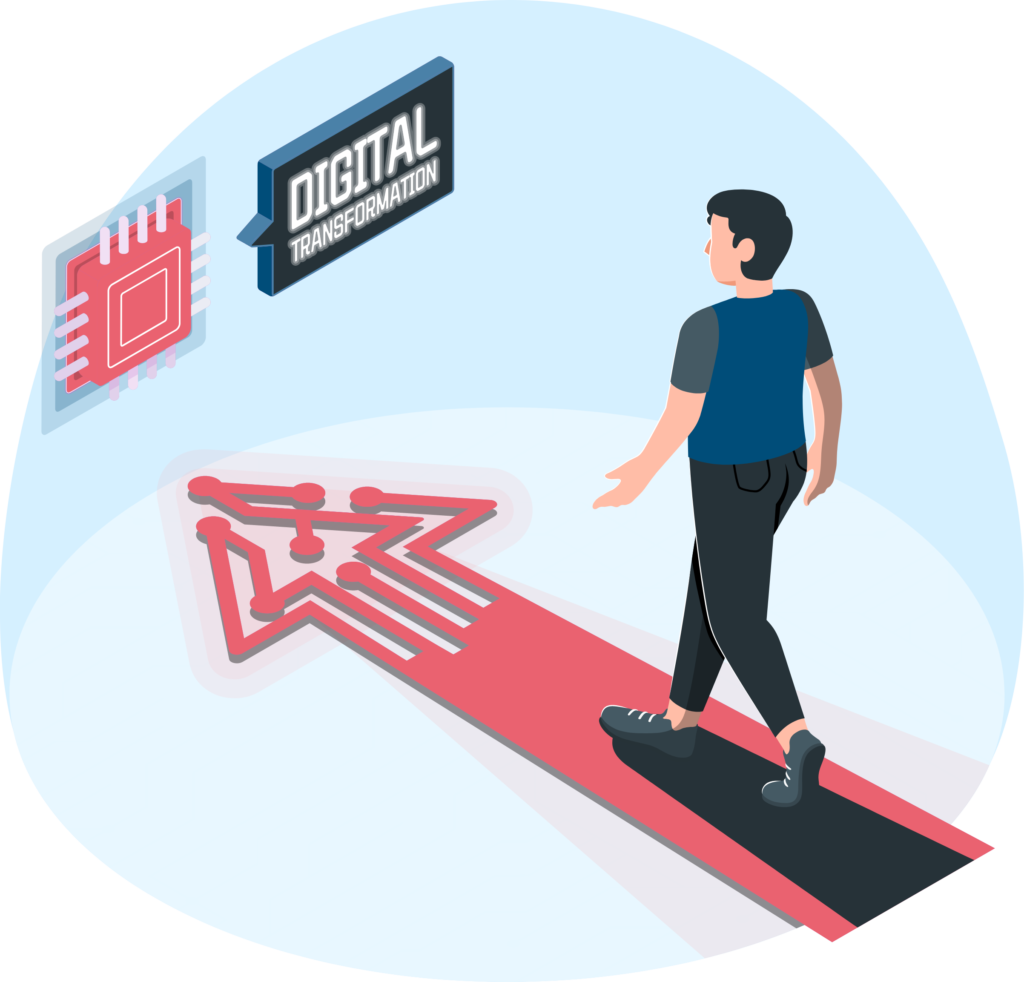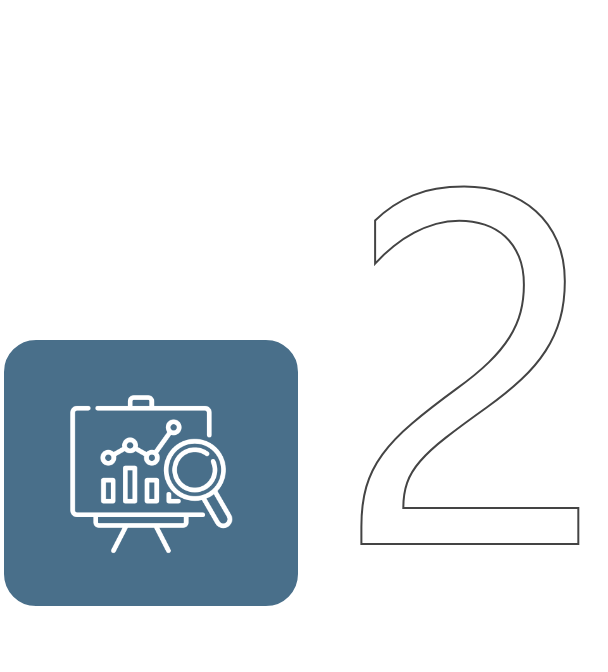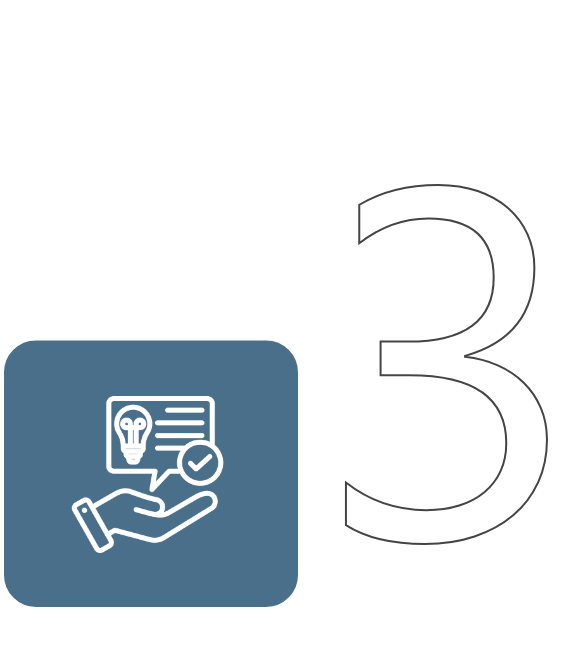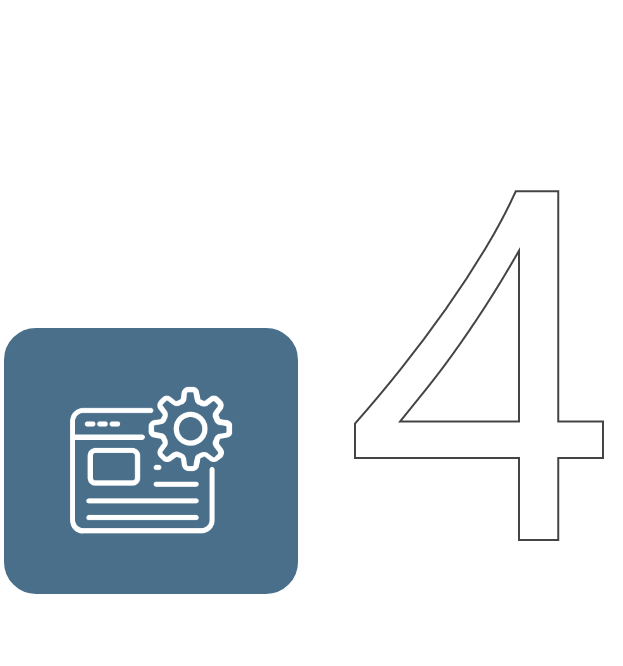Increased Efficiency
Automate all your manual processing through digital transformation
Enhanced Customer Experience
Understand what your customer needs and resolve it right away
Improved Decision Making
Transform your business by receiving real-time business analytics.
Digital Transformation is the integration of digital technology across all aspects of a business, bringing about fundamental changes in operations and value delivery. In today’s fast-paced business environment, digital transformation is not just advantageous; it’s a necessity. Gone are the days when the rabbit could sleep under the tree; the tortoise must evolve. Companies that operate without automation struggle to keep pace in the competitive market.
Discover the imperative benefits of embracing Digital Transformation. Thousands of businesses worldwide have experienced profound changes through business process automation. It’s no longer a choice but a strategic imperative. For enterprises of all sizes, workflow automation is becoming the preferred route, significantly reducing manual workloads and liberating time for strategic initiatives that propel business growth.
Let us be your partner in digitizing your business processes. With our team’s extensive knowledge in various automation platforms, including Microsoft Power Platform, we offer swift assistance to enterprises and SMEs in seamlessly adopting business process automation. Our focus is on crafting secure, user-friendly, customizable, and efficient low-code automated models that empower businesses to achieve their automation goals.

Result Oriented Solutions
Successful digital transformation requires business to gradually move from the first stage to the last,
without rushing hastily to the final stage.
Stage 01: Digitization

Stage 02: Digitalization

Stage 03: Digital Transformation
Uncovering Key Business Process Challenges: Barriers to Efficiency
Streamlined Solutions: Overcoming Workflow and Operational Hurdles
how we tackle the ball
Our Approach

Strategy & Consulting
Our experts will work closely with you to understand your business requirements and goals.
Discovery and Roadmap
We will conduct an on-site or virtual visit to assess your current processes and create a roadmap for your digital transformation journey.
Solution Design
Based on your requirements, we will propose a solution that is tailored to your business needs and has been approved by you.
Implementation and Training
Once the solution has been defined, we will implement it with proper training and support as needed.

Tech We Excel
Software We use














Ready to unlock the full potential of your business? Let's embark on a Digital Transformation journey together and revolutionize the way you operate. Contact us today to get started!
Some Of Our Best Projects Summarized
Our Work
here’s how we identify the root problem
How We Work

Conduct an Assessment
Do assessment of existing business processes and systems to identify areas that can be automated or improved through digital transformation.

Develop a Strategy

Provide Consultancy

Develop Customized Solutions

Offer Training and Support

Ensure Compliance

Monitor and Optimize
Our Focused Industries
Industries We Serve

E-Commerce


Franchise


Agriculture

Healthcare

Manufacturing

Real Estate

E-Commerce


Franchise


Agriculture

Healthcare

Manufacturing

Real Estate








